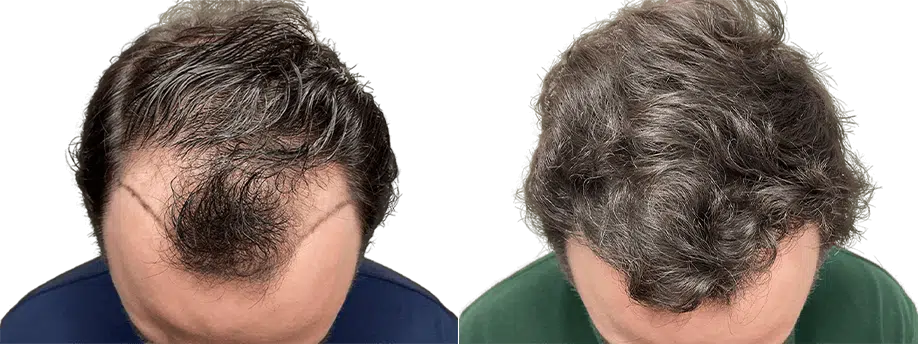Medical reasons for hair loss
What are the medical reasons for hair loss, and Why me? That’s the questions many people ask while looking in the mirror and fretting over lost locks.
Some resign themselves to believing hair loss is a natural part of the aging process. Indeed, the most common cause is a hereditary condition called pattern baldness that usually occurs with aging.
What are the Medical Reasons for Hair Loss
However, there are a number of medical reasons for hair loss, include:
Alopecia areata
This is a common autoimmune disease that – among other things – causes scalp infections and patchy hair loss. Alopecia areata occurs when your body’s immune system starts attacking your healthy hair follicles, causing them to become much smaller and slowing down production so radically that hair growth slows down or may stop all together. Depending on the type of alopecia areata you have and its severity, you may experience unpredictable hair loss in different areas of your body off and on for many years.
Hormonal changes
Pregnancy, childbirth, menopause and thyroid problems can trigger temporary or permanent hair loss in women. Also, both men and women are susceptible to DHT (dihydrotestosterone), a hormone that cause hair follicles to miniaturize, contributing to pattern hair loss.
Hypothyroidism
Millions of people, mostly women, suffer from thyroid disease. Hypothyroidism occurs when your body produces too little thyroid hormone, which is responsible for numerous bodily functions including hair growth. One of the many symptoms of hypothyroidism is that your hair, nails, and skin become more brittle and break off.
Lupus
Lupus is another chronic disease in which the body’s own immune system attacks healthy tissues. It’s a condition affecting about 1.5 million Americans – mostly women during their childbearing years – and it has many symptoms including hair loss. In mild cases, hair loss occurs while shampooing or brushing your hair. In more severe cases, hair is lost in patches and a rash may develop on the scalp.
Chemotherapy
These powerful medications not only attack cancer cells but also other cells in your body, including the cells in your hair roots. Consequently, you lose hair all over your body, not just in your scalp. If there is an upside to undergoing chemotherapy, it’s that your hair can grow back once the treatments are complete.
Certain medications and supplements
Hair loss can be a side effect of certain drugs, such as anticoagulants (blood thinners), beta blockers and ACE inhibitors (to lower blood pressure), gout medications, vitamin A, antidepressants, male (testosterone) and female hormones, oral contraceptives, and anti-seizure medications.
Trichotillomania
Trichotillomania, also called hair-pulling disorder, is a nervous habit that involves recurrent, irresistible urges to pull out hair from your scalp, eyebrows or other areas of your body, despite trying to stop. You may or may not realize you are tugging at your hair, and stopping this habit may require therapy or behavior modification.
Whatever is causing your hair loss or any medical reasons, MAXiM Hair Restoration has plastic and hair transplant surgeons who artfully create an attractive hairline for our clients every day. We have convenient locations throughout the United States in New York, Long Island, Connecticut, Chicago, Dallas, and the Washington, DC area, as well as several international locations. Contact MAXIM today to find out if you are a candidate for a hair transplant.

